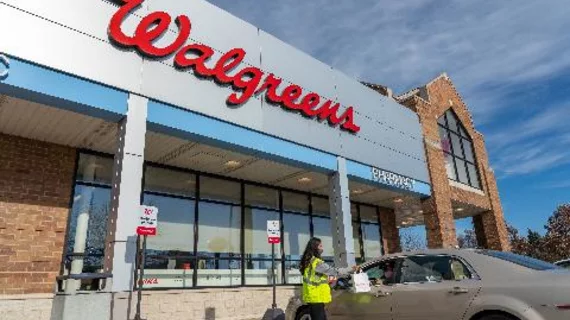Walgreens settles class-action fraud lawsuit for $100M
Walgreens has settled another lawsuit for alleged fraud, this time agreeing to pay $100 million to resolve allegations the company overcharged for generic drugs.
The pharmacy chain was accused of billing Medicare and private insurance for more than the cost it charged the uninsured members of its Prescription Saving Club, who typically paid $5 to $15 for their monthly medications.
The plaintiffs in the case claimed Walgreens reported inflated prices to insurers for reimbursement, often resulting in customers paying more in out-of-pocket co-pays than what the drugs would have cost to buy outright.
Further, customers with deductibles were allegedly charged an inflated rate for prescriptions, taking the full brunt of the cost.
In a statement to the media, Walgreens denied it committed any fraud.
"We admit no liability and believe these claims never had any merit," a Walgreens spokesperson said. "This resolution allows us to focus on our turnaround strategy that will benefit our patients, customers, team members and shareholders."
The class-action lawsuit was filed in a Chicago federal court and brought by plaintiffs representing labor unions, employers, and public welfare funds. The case looked back as far as 2007, representing anyone who bought into the Prescription Saving Club or who was allegedly charged too much for prescriptions by Walgreens.
As part of the settlement, Walgreens must end its Prescription Saving Club. However, it shuttered the program earlier this year.
A federal judge must approve the settlement before it becomes binding.
Settlements are piling up
In September, Walgreens settled a case brought by the U.S. Department of Justice (DOJ) to the tune of $106.8 million. The DOJ alleged the pharmacy chain defrauded Medicare, billing the government for prescriptions patients never picked up.
Walgreens denied wrongdoing in that case and cooperated with federal investigators, the DOJ said.
In the same month, the company settled a lawsuit alleging it contributed to the opioid crisis in Baltimore by improperly dispensing prescriptions. Walgreens reportedly paid $80 million to resolve that case.

